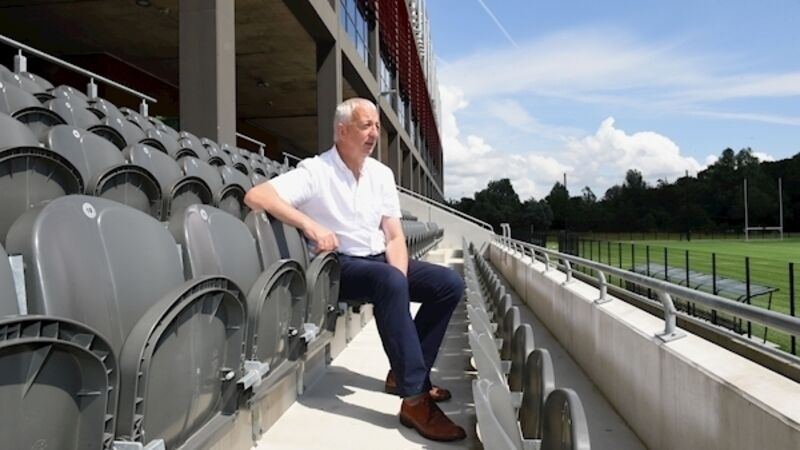The big interview: Cork football’s tsar, Conor Counihan

The Cork County Board project co-ordinator for football sits down in Mallow GAA club and looks around.
Try from €1.50 / week
SUBSCRIBETo oversee their five-year football plan, Cork GAA opted for All-Ireland winner — as player (1989, 1990) and coach (2010) — Conor Counihan. His job spec? To pull together, across a sprawling county, the diverse strands of the 2024 project. A victory in today’s All-Ireland U20 final against Dublin wouldn’t be a bad start
The Cork County Board project co-ordinator for football sits down in Mallow GAA club and looks around.
Already a subscriber? Sign in
You have reached your article limit.
Annual €130 €80
Best value
Monthly €12€6 / month
Introductory offers for new customers. Annual billed once for first year. Renews at €130. Monthly initial discount (first 3 months) billed monthly, then €12 a month. Ts&Cs apply.
CONNECT WITH US TODAY
Be the first to know the latest news and updates
Newsletter
Latest news from the world of sport, along with the best in opinion from our outstanding team of sports writers. and reporters
Tuesday, February 10, 2026 - 9:00 PM
Wednesday, February 11, 2026 - 12:00 PM
Wednesday, February 11, 2026 - 1:00 PM
© Examiner Echo Group Limited